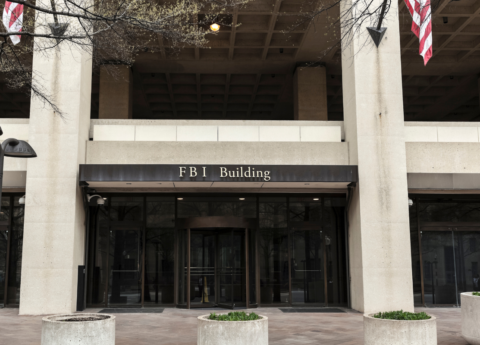Overall the criminal justice bills that passed in the 2019 General Assembly will not move Kentucky forward in addressing its growing inmate population. At the same time the state legislature did not move forward with bail reform — or other needed, commonsense reforms — numerous bills were passed that either create new crimes or increase penalties for existing crimes. Especially in this context, SB 57, which expands felony expungement, stands out as a bright spot.
Many new criminal justice laws will contribute to incarceration growth
A number of criminal justice bills passed this session add to growth in incarceration and will increase costs, albeit often in relatively small ways. For example, bills like SB 70, HB 470 and HB 130 create new crimes or contain other measures that will result in more people incarcerated and/or for longer periods of time. Overall:
- Nine bills create new crimes (in some cases more than one) with a potential impact on incarceration and five of these create new felonies.
- Six bills increase penalties for existing crimes.
- Seven bills expand existing crimes to apply to more situations (for instance, expanding terroristic threatening, 2nd degree to places of worship and public events).
While some of these laws gained support due to the heinous nature of the offenses they deal with, increasing already-stiff penalties is not shown by the vast majority of research to be an effective way to increase public safety. And as noted by Kentucky’s Public Advocate in a House Judiciary meeting, if we need to create these new crimes or increase penalties then we should do it as part of a broader effort to make changes to the state’s justice system that also includes reductions in penalties for some crimes.
Many missed opportunities this session
Kentucky is in dire need of reforms to its pretrial system, which currently keeps too many individuals locked up while awaiting trial because they can’t afford bail. Despite considerable consensus around the need for bail reform – though not necessarily the details – bills dealing with this topic did not advance.
Kentucky also needs much broader sentencing reforms, which have been shown in other states to create savings at the same time crime rates have gone down. However, the state did not move forward with any of these policy changes this session.
A number of additional bills with the potential to move the state in the right direction stalled, including regarding the introduction of racial impact statements, requiring the reporting of data on who has been impacted by the so-called “gang bill” passed last session, reversing some of what was in the gang bill and taking important steps to address the racial disparities in the state’s juvenile justice system.
Expansion of felony expungement a bright spot
With the passage of SB 57, Kentucky takes important steps to expand felony expungement. More Kentuckians will get a second chance due to the bill’s expansion of eligible offenses and reduction in the cost of expungement.
This legislation builds on felony expungement legislation passed in 2016 for certain felony offenses after a five year wait by expanding eligible offenses to most Class D (the lowest level) felonies, excluding those that are violent or sexual in nature (among some other exclusions). With all but one of these newly eligible offenses (having to do with drug paraphernalia), however, the applicant must meet a very high standard of proof that he/she is worthy if a prosecutor objects to the expungement. So it remains to be seen how this will impact Kentuckians’ ability to have their records expunged.
SB 57 also lowers the cost of expungement, from a $500 fee to $250 (plus a $50 application fee), and allows for payments to be made in installments. The high cost is believed to be a barrier for many people who otherwise qualify.
A couple of other bills passed that deserve mention as they take small steps in the right directions with state criminal justice policy. HB 299 could lead to somewhat shorter sentences if individuals participate in life skills programs while incarcerated. And HB 189 is intended to lead to fewer probation/parole revocations, which will also mean less time served; the bill introduces more graduated sanctions options for a person who violates probation or parole.



